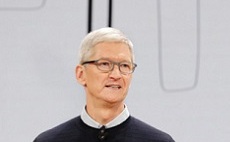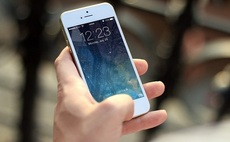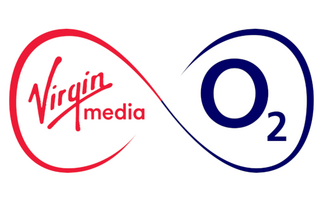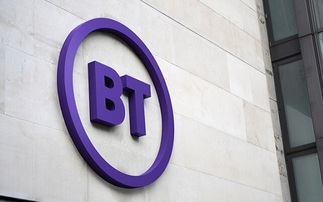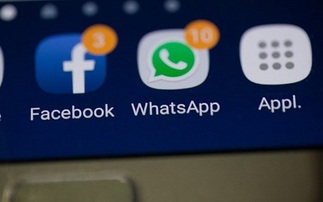Device not configured to run on spectrum up for auction later this year
Apple's new iPhone 5 will never operate on future 4G networks that O2 and Vodafone are likely to offer in the future as it does not support the spectrum holdings the firms will be able to purchase....
To continue reading this article...
Join Computing
- Unlimited access to real-time news, analysis and opinion from the technology industry
- Receive important and breaking news in our daily newsletter
- Be the first to hear about our events and awards programmes
- Join live member only interviews with IT leaders at the ‘IT Lounge’; your chance to ask your burning tech questions and have them answered
- Access to the Computing Delta hub providing market intelligence and research
- Receive our members-only newsletter with exclusive opinion pieces from senior IT Leaders










